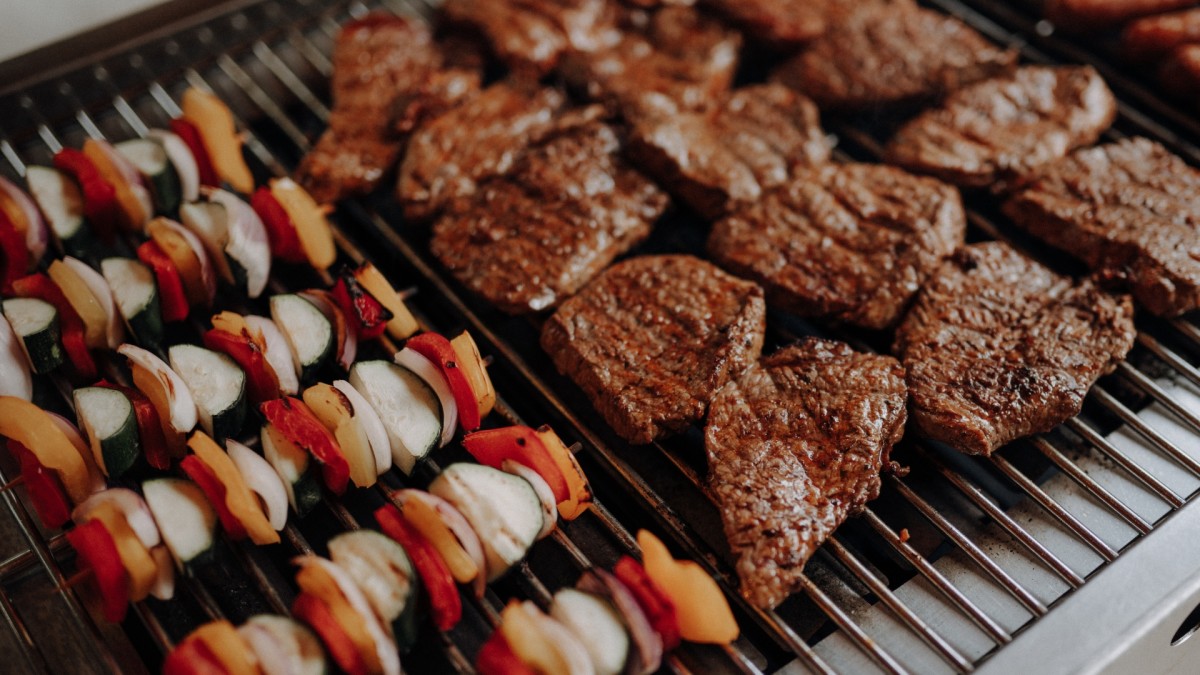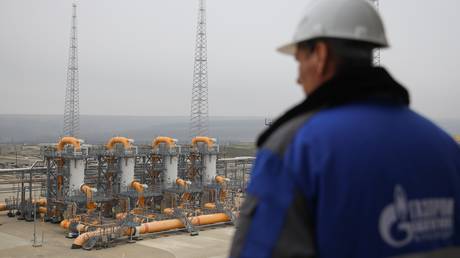Science Just Debunked a Major Myth About Protein and Muscle Gains
This research could change everything you thought about building muscle.

People have been curious about the best way to build muscle for a long time. Old-school bodybuilders swear by lean protein, healthy fats, and complex carbs, while most powerlifters champion the dirty bulk. But one question keeps coming up: Can plant-based protein build muscle as effectively as meat? Turns out, there's little difference between the two, a new study from the University of Illinois Urbana-Champaign found.
For years, research has shown that animal-based diets have the edge over plant-based ones. Animal protein is “complete,” meaning it contains all 20 amino acids needed for protein synthesis. Soy—often considered the most complete plant-based option—only has nine.
"The longstanding belief or the current dogma was that animal-based protein sources were better, particularly for the muscle-building response,” said co-lead researcher Nicholas Burd, a professor of health and kinesiology at the University of Illinois Urbana-Champaign.
According to Burd, the issue with most of the previous research was that it focused on muscle biopsies after a single feeding. For this new study, researchers wanted to see if longer-term plant-based eating could have the same effects on muscle growth as animal-based eating.
Related: How to Instantly Improve Your Grip Strength for Better Workouts
The team recruited 40 healthy adults between the ages of 20 and 40 years old. For the first seven days, the participants stuck to their normal diets, then they were broken into two groups, following either a vegan or an omnivorous diet.
The majority of the foods in the omnivore diet were animal-based, including staples like beef, pork, chicken, dairy, and eggs. The vegan diet, on the other hand, was entirely plant-based but carefully designed to ensure participants still consumed all essential amino acids necessary for muscle growth and recovery.
After the participants were split into the original two groups, they were split again. Some ate equal amounts of protein at three meals, while others spread their intake across five meals, consuming more protein later in the day.
They also worked out and performed muscle-strengthening activities every three days. Every day, they drank water containing deuterium, which bonded with amino acids, allowing researchers to trace their incorporation into muscle tissue. At the beginning and end of the study, biopsies from a leg muscle were taken.
In the end, researchers found no difference in muscle-building between the two diets, and meal frequency didn’t matter either.
“It was thought that it was better to get a steady-state delivery of nutrients throughout the day,” Burd said in a statement. “I also thought that if you’re getting a lower quality protein—in terms of its digestibility and amino acid content—that perhaps distribution would make a difference. And surprisingly, we showed it doesn’t matter.”








































































